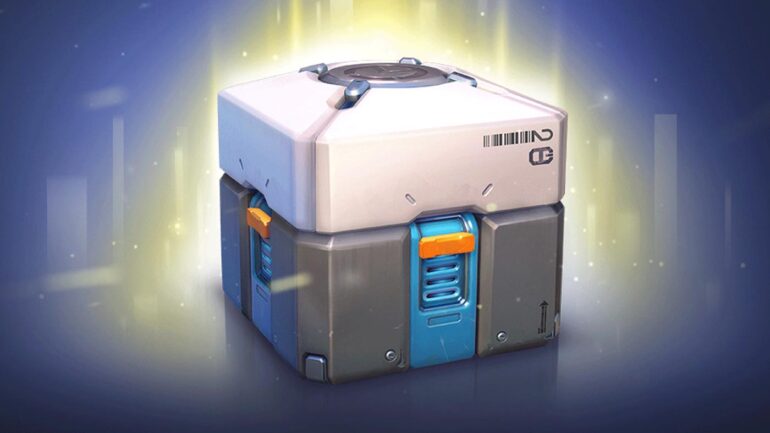Update: As reported by IGN, the Albanese Government has revealed that its reforms to the classification of games containing simulated gambling will go into effect starting from September 2024.
The proposed changes, which were published earlier in the year (the original story is below), were agreed upon by all states during the most recent Standing Council of Attorneys-General meeting.
The new guidelines mean that any game released after September 2024 will receive an automatic R18+ rating if they feature simulated gambling (think the kinds of online, social casino games you see on mobile platforms), but perhaps more crucially it means an automatic minimum of an M rating for any game that carries in-game purchases with a chance element, ie “loot boxes.”
Original Story: The Australia Government has made an announcement this morning, putting forth some proposed changes to the National Classification Scheme that affect video games, in particular those offering simulated gambling and loot boxes.
The proposal, which you can read about in the media release as well as the full review (PDF), concerns the rating of video games containing loot boxes and game-of-chance mechanics, linking them to research linking these features to real-world gambling harm, pushing to get these games out of the hands of younger players by assigning them a minimum rating depending on the severity.
VIDEO PRESENTED BY PLAYSTATION VR2. CLICK TO LEARN MORE.
Under the proposed reforms, games containing paid loot boxes would carry a minimum rating of M (Mature and not recommended for players under the age of 15) and any game that contains simulated gambling would immediately carry an R18+ (not for sale to anyone under the age of 18) rating, which is a pretty bold move that would make a massive impact in the market if suddenly games like FIFA and NBA went from G/PG ratings to an automatic M.
The review explicitly points out “casino-style games where the player cannot cash out winnings” as an example of the latter, but it’s unclear if this would extend to the many “regular” games that include in-game casinos (think Dragon Quest XI or any Yakuza game) or in-world games of chance or if the context would be taken into account before automatically slapping on that big R18+ rating.
Outside of these changes, the government is also proposing improvements to how digital-only games are classified, as the current system is largely still built around physical media, including expanded options for self-classification of content to streamline the process for the video game and streaming content industries and make it more cost effective.
The government will seek the agreement of the states and territories to these reforms, as well as consult with the wider industry on broader reforms.
“The Stevens Review, which the Government has today released, reveals a Scheme in need of significant change.
“That is why I have asked my department to also consider options for more comprehensive reform, including recommendations from the Stevens Review and other previous reviews and prior work on these issues, recent research, and industry and community feedback.
“The changes we are proposing today will help set the Scheme on the right path forward and I look forward to hearing from the community, industry, and my counterparts in state and territory government to ensure we deliver a system that reflects modern Australia.”
– Minister for Communications, the Hon Michelle Rowland MP



